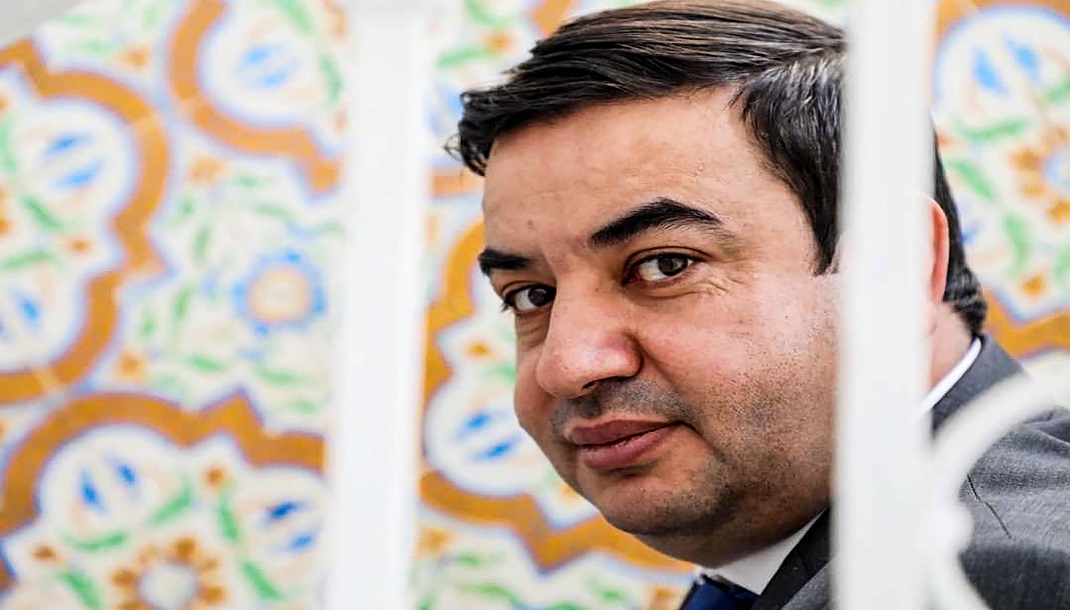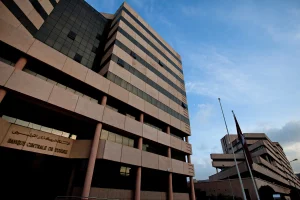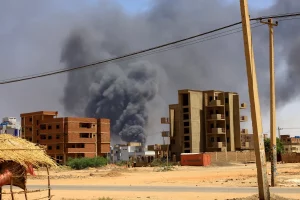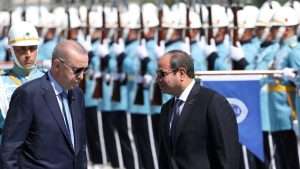The farce of Libya’s NATO imposed democracy
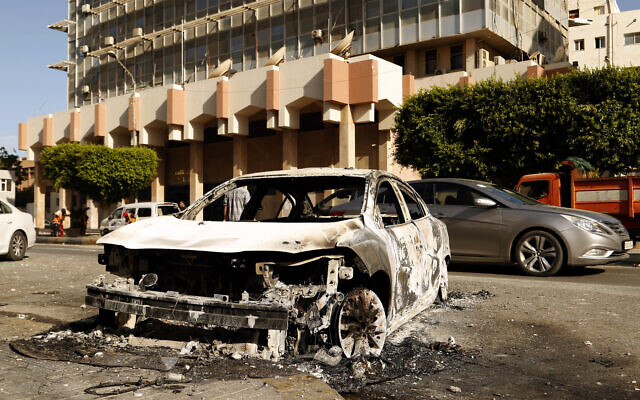
The Guardian newspaper, which was one of the main cheerleaders for the war to overthrow Gaddafi’s secular Libya state, is crying crocodile tears because Libya is not a model Athenian democracy.
The problem, according to Patrick Wintour, their diplomatic editor, is Kipling’s old chestnut of “East is East, and West is West, and never the twain shall meet”. In the Libyan context, that means that the leaders of the country’s more western tribes won’t break bread with those who lie to the east or, as Wintour puts it, both factions “failed to reach a final agreement in Cairo on the constitutional basis for national elections”.
As a result of this, Wintour laments that “Western leaders are losing patience with an entrenched Libyan political elite that has collectively failed to agree on the basis of elections for more than a year but has boosted politicians’ salaries by more than 40%”. Though quite why Western leaders would object to their chosen appointees looting what remains of Libya’s national till is a question for another day, the failure of Libya to form a stable government since the fall of Gaddafi seems to be the primary source of concern for Libya’s American and European overseers.
Wintour explains that this is a sort of Mexican or, if you prefer, Libyan standoff, where the country’s western and eastern factions are afraid of losing an election, where the winner takes all, including full control of state patronage and power and all the unearned profits that flow from that.
This stalemate is by no means a safe one. In August 2022 these two rival groups clashed in Tripoli killing 17 in firefights.
Libya has plunged into chaos since a NATO-backed uprising toppled and killed longtime Libyan dictator Muammar Gaddafi in 2011. The oil-rich county has for years been divided between rival administrations, each backed by rogue militias and foreign governments.
The current stalemate grew out of the failure to hold elections in December 2021 and Libyan Prime Minister Abdul Hamid Dbeibah’s refusal to step down. In response, the country’s east-based parliament appointed a rival Libyan prime minister in parallel, Fathi Bashagha (below), who has for months sought to install his government in Tripoli.

To break the deadlock, US envoy, Richard Norlan has scheduled a meeting of special envoys for 13 January, which will look at how to stage elections and whether to urge the new UN special envoy Abdoulaye Bathilyto set a deadline for establishing a national Libyan body to agree on elections. Only a fool would bet that any of that will succeed.
Meanwhile, Libya’s politicians are awarding themselves massive pay packages, some 47 billion dinars a year, where total oil revenues only amount to 134 billion dinars. Well-remunerated work if your faction can get it and keep it.
Although Norland has claimed there is no impediment to the head of the high council of state, Khaled al-Meshri, representing the western area and Libya’s House of Representatives speaker, Aguila Saleh, from the east of the country setting an election date, the two men have so far refused to do so but why, given the billions their respective factions are pocketing, would they risk it all in a high stakes electoral poker game?
The interim Tripoli-based government, which Turkey supports and which is led by the interim prime minister, Dbeibah (below), is no better. They too have trousered billions in benefits from the shemozzle that is post-Gaddafi Libya.
Though all of this indicates Libya has an unaccountable political class that is eager to avoid the verdict of the ballot box, how could it have been any different and why would “Tim Eaton, a Libya expert at Chatham House”, expect the ordinary Libyan who is not a member of one or other key faction to be “receiving an adequate level of service?”

It seems that “the experienced former UN envoy in Libya, Stephanie Williams” has the right idea when she said “some Libyan politicians simply did not see the need for elections”. But why, in heaven’s name would they? Why risk their ill-gotten gains?
Wintour gives “Aref Nayed, chairman of the Ihya Libya movement” and “Zahra Langhi, a women’s rights activist”, some lines to bemoan the current stalemate, yet the wonder is that the West did not foresee all of this even before the elections of “June 2014 on a turnout of less than 20% [where] Saleh, the speaker, was elected with little more than 1,000 votes and where the hard-line Muslim Brotherhood became entrenched in the west of the country, while in February 2021, Dbeibah was elected head of the interim government by a specially selected 75-strong UN appointed body, whereupon he promptly reneged on a pledge not to stand in the elections, thereby contributing to this entire NATO inspired impasse.
Although this is another fine Laurel and Hardy mess NATO has embroiled itself in, it would be very helpful if NATO and their cheerleaders in The Guardian could first of all take some responsibility for their culpability in this and similar humanitarian disasters they instigated, rather than castigate Libya’s power brokers who grabbed for themselves what they could out of the disaster visited upon their country.


